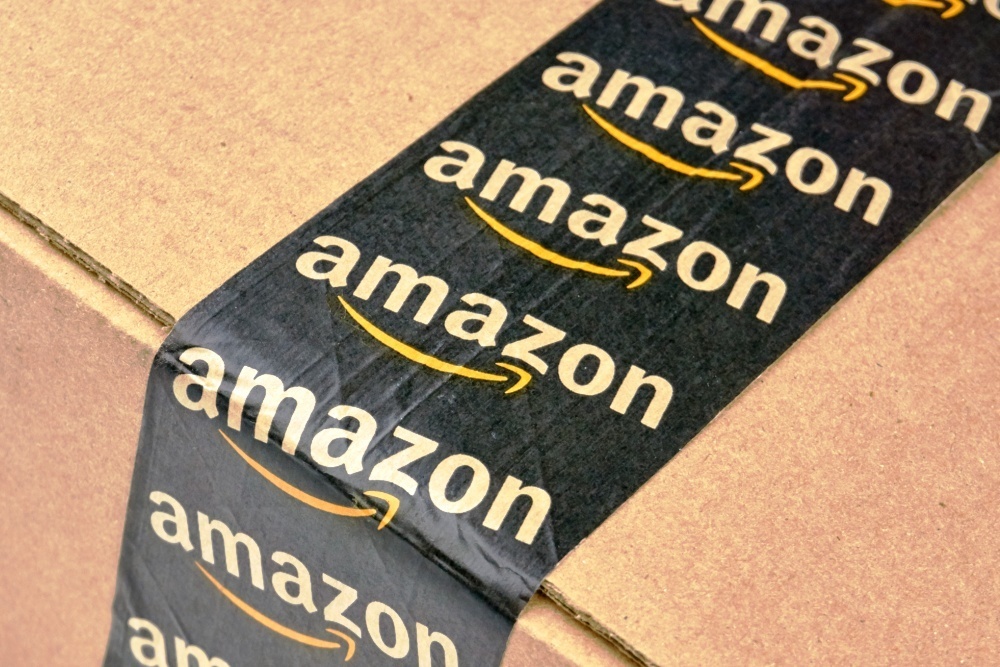The Ninth Circuit Court of Appeals ruled last week that Amazon cannot force delivery drivers to adjudicate their claims in individual arbitration.
That’s because drivers who deliver Amazon packages are exempt from the Federal Arbitration Act (FAA) of 1925, which required workers to resolve labor disputes through private arbitration rather than in a court of law.
“Because there is no law that governs the arbitration provision, we agree with the district court that there is no valid arbitration agreement,” wrote Judge Milan Smith in an Aug. 19 opinion. “We, therefore, reject Amazon’s alternative bases to compel arbitration.”
In the 2-1 panel decision, the Court upheld the First Circuit’s opinion from July that determined gig economy drivers are transportation workers engaged in interstate commerce even if they do not cross state lines, according to media reports.
“Amazon’s position rests on the notion that transportation workers must actually cross state lines to be ‘engaged in interstate commerce’ for the exemption to apply,” Justice Smith wrote. “We reject that construction of that statute.”
Justice Smith was appointed by former President George W. Bush. The other two justices that decided the case Randy Smith and Daniel Bress were appointed by George W. Bush and Pres. Donald Trump, respectively.
“It’s not new law because transportation drivers have traditionally been exempt from being forced into arbitration,” said Kitty Sveto, an attorney with Parris Law Firm in Lancaster. “It’s just a furtherance of this idea that drivers, even if they don't cross state lines, they still are transporting goods and therefore engaged in interstate commerce. So they fall within this exception from arbitration.”
In the underlying litigation filed at the Western District of Washington, Bernadean Rittmann, Freddie Carroll and Julia Wehmeyer claimed Amazon misclassified them as independent contractors rather than employees.
“We further hold that the parties did not enter into a valid agreement to arbitrate and that there is no other ground upon which we may enforce the arbitration provision,” Judge Smith ruled. “We, therefore, affirm the district court’s denial of Amazon’s motion to compel arbitration.”
President Trump’s appointee Judge Bress dissented, stating that the narrow FAA exemption for certain transportation workers did not apply.
In his view, for a delivery worker to be “engaged in” interstate commerce, the worker must belong to a “class of workers” that crosses state lines in the course of making deliveries, according to his dissent.
“The point is that these are all difficult inquiries that have no right answer, at least according to the tools available to lawyers and judges,” Bress concluded. “Undertaking such confounding inquiries in the context of the FAA is particularly undesirable when the result will inevitably mean more complex civil litigation over the availability of a private dispute resolution mechanism that is supposed to itself reduce costs.
“Local delivery drivers dropping off the exact same item that originated out of state are thus subjected to very different legal regimes, for reasons that have nothing to do with the on-the-ground work they perform.”
